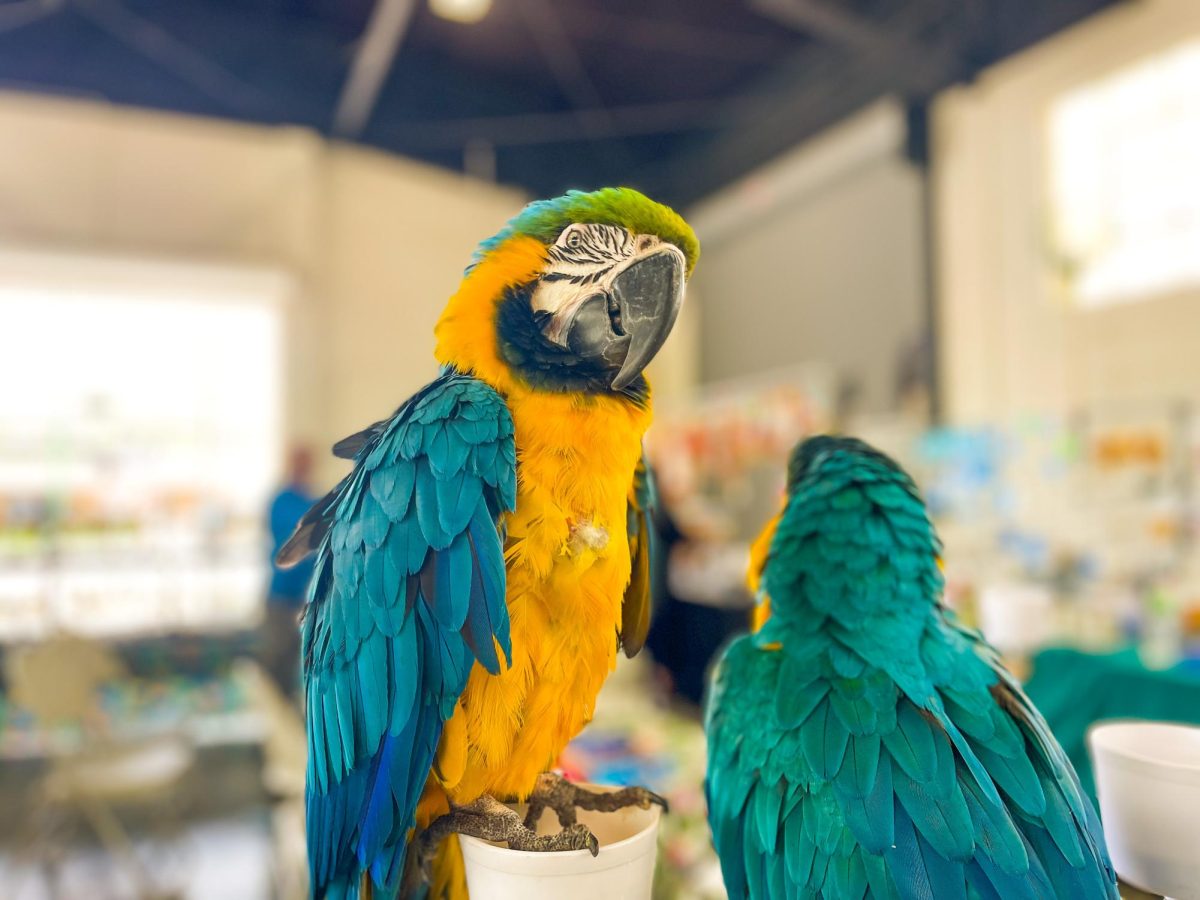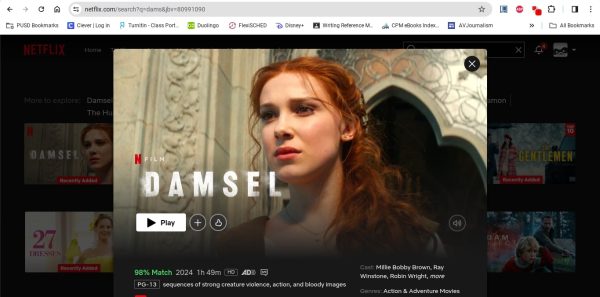The Truth About Body Image
January 30, 2019
Mental health is not only a major concern among the current young adult population, but a quite serious concern among the present teenage population as well.
The rise in social media use not only contributes to higher levels of anxiety and depression, but with the bombardment of “picture perfect” lifestyles flashed in front of teens almost every moment of the day, the rise in body image issues and eating disorders have begun to take a toll on our society.
“It’s human nature to compare yourself to others, and to feel envious or jealous of what someone else has. With the rise of social media, it becomes so much easier to do so. Not only do we face everyone we physically encounter during the day, but we also face the entire world, as they present themselves on social media,” said Anna Sundquist in the article Unrealistic Social Media Portrayals May Contribute to Body Dissatisfaction.

Social media greatly impacts the idea of ‘perfect’ body image.
With models and photoshop always at the fingertips of teens, body image problems start to become more and more present. For another look at body image and the effects from the media, check out this Ted Talk from Lillian Bustle.
“Body image is defined as one’s thoughts, perceptions, and attitudes about their physical appearance. How do you see yourself and feel about your body,” said The National Eating Disorders Organization.
Negative body image can be caused by many things, however the rise in social media use has greatly increased the presence of negative views on one’s self image.
“Yes, I think that the media contributes to negative self image because you’re constantly comparing yourself to others and see how they are better than you,” said Aidan McCarthy (‘20).
Another student, Samara Ayoob-Ahmad (’19) said, “In Social Justice, I worked on a whole presentation that focused on the theme of body image and how prevalent it is in our society. Through it, it was crazy to learn how from a young age we are taught how we ‘should’ look, mostly for young girls through Barbie Dolls. However, through research, I learned that these dolls in fact presented a body image that was unattainable and overly unhealthy. If Barbie was a real person she would be 5’11’, weigh around 120 pounds, and thus, would be unable to properly menstruate. Today, these unhealthy expectations are still prevalent and are enforced throughout the media, leading girls and boys to believe they have to look a certain way, something that shouldn’t be a normality.”
To prevent negative body image and healthy use of social media many tips provided by the National Eating Disorder Organization have been given. Some include: mindful use of technology, sharing body positivity messages on social media and in your everyday life, and much more.

The media and production of toys also affects young generations.
For more information on body image and the effects of diets on the brain check out our next article: The Truth About Diets: The Food, The Fad, and The Ugly.













